If you’re looking for a new place to live — whether your existing lease is up, you’re moving out of your parent's home, or you're going through a lifestyle change — your prospective landlord will likely review your credit score to determine your ability to pay your rent.
While you hope you’ll ace your rental application with a good renting credit score, you might still feel confused about what credit score you need to rent an apartment or landlords look for or what they review in your credit history. This guide will walk you through everything you need to know to nail the credit portion of a rental application.
First, what is a credit score?
Your credit score is like a grade for your creditworthiness — or how reliable you are with borrowing money and debt. Credit scoring models use several factors, like your credit usage, repayment history, and the age of your credit accounts to calculate your credit score. Together, these elements paint a picture of a person’s ability to repay borrowed money and maintain financial stability. A higher credit score represents a better ability to manage money wisely and pay off debts on time.
There are different credit score ranges that give a ballpark idea of credit health. FICO, one of the most popular credit scoring models, offers the following five (though different scoring models may vary from these):
-Excellent: 800-850
-Very good: 740-799
-Good: 670-739
-Fair: 580-669
-Poor: 300-579
To put this in perspective, the average credit score in the U.S. in 2022 was 714, which falls into the “good” range.
You can raise your credit score by borrowing money, whether through a loan or making purchases with a credit card, and then paying the money back on time. On the flip side, you can lower your credit score if you go into “delinquency” or “default” on your payments (meaning fail to make required payments).
These actions all appear on your credit report, which is a more in-depth overview of all the things that go into calculating your credit score. Your credit report also tells you when you apply for credit accounts, receive new lines of credit, or close accounts.
What credit score do you need to rent an apartment and pass a credit check?
While it makes sense that you would need a “good” credit score to lease an apartment, there’s no universally required range or minimum credit score to rent an apartment.
Even in a competitive rental market with a huge demand for apartments, having bad credit won’t automatically disqualify you from applying. But it can reduce your chances of renting since landlords could prioritize applicants with higher credit scores.
What is a good credit score for renting an apartment?
Typically, any score in the “good” range (670 to 739) or above will be just fine for renting applications. That said, the higher the score, the better your chances for approval. If you’re worried about your score, credit monitoring tools can help you keep an eye on it.
Do you need credit to rent an apartment?
If you don’t have any credit history or a credit score, this can be just as harmful for your lease chances as bad credit. Having no history implies that you lack experience managing money or debt, which may make potential landlords question if you can make timely rental payments. If your credit report is blank, you want to start building credit as soon as possible.
Why do landlords use credit checks?
A credit check offers a detailed review of everything on your credit report, including your credit score. Prospective landlords will often use a credit check to learn more about your financial history and review your credit score for an apartment lease.
What a landlord sees in a credit check depends on what information they request and the service they use to run the credit check. Some may want to verify your identity and check that you’re current on all payments. Others may opt for a detailed background check to see county records, bank statements, and social media accounts. They might also look for any bankruptcies, account delinquencies, and major events like foreclosures.
5 tips to apply for an apartment with a low credit score
Fortunately, bad credit doesn’t disqualify you from applying to an apartment lease, and there are some steps you can take to get in a landlord's good graces and improve your chances:
1. Show proof: Be transparent about your credit score and what you’re doing to improve your financial responsibility. Bring receipts, pay stubs, and other financial documents to show how you're actively increasing your score. For example, if you have an account in collections but you’ve been paying your monthly rent on time, that’s a notch in your favor. Show proof that you’re financially responsible where it matters.
2. Find a co-signer: If you don’t have good credit, you might consider asking a family member or friend to co-sign your lease. You can also sign a lease with a roommate. The person with good credit essentially becomes the “guarantor,” reassuring the property manager or landlord that they’ll make payments on time.
3. Offer a bigger deposit: Most properties require a security deposit, which includes the first and last month's rent deposited in a lump sum upfront. If you’re serious about the apartment, you can offer a bigger deposit to compensate for a bad credit score.
4. Include references: Compile your own rental credit report. Having reference letters from previous landlords, employers, or friends who can vouch for your financial responsibility can greatly aid in the application process.
5. Start building credit: Having no credit or bad credit can make it more difficult for you to reach your financial goals. It’s better to start building your credit score as soon as possible. This can improve your approval chances when you apply for credit cards, loans, and even apartments. Your credit report will show that you’re actively trying to better yourself.
Can renting improve your credit score?
Typically, landlords don’t report payments to the credit bureaus — only delinquent accounts. This means traditional renting won’t improve your credit score.
That said, you can report rent payments to try to improve your credit score using a credit reporting service, like Experian Boost, which offers a way to include your on-time payments when calculating your credit score.
What is a good credit score to buy a house?
If you don't want a landlord and you've saved up enough for a down payment, you might consider buying a home.
When you apply for a mortgage to purchase a home, your approval and qualifications hinge on your credit score. The lower the score, the higher your mortgage interest rates because low scores indicate a higher-risk borrower. With a low score, there’s also a possibility that the creditor will deny your loan entirely.
What credit scores you need to successfully apply for a loan can differ based on the type of loan you’re applying for:
-You need a score of at least 580 to be eligible to apply for a United States Department of Agriculture (USDA) home loan, which is government-issued.
-To qualify for a government-issued Federal Housing Administration (FHA) home loan, you need a credit score of at least 500 with a 10% down payment or a score of at least 580 for a 3.5% down payment.
-If you’re a United States veteran with a credit score of 620 or higher, you may be eligible for a Veteran Affairs (VA) home loan through a private lender.
Getting approval for a mortgage with poor credit may mean less than favorable terms, potentially including a higher interest rate for the loan. It’s always best to try and improve your score as much as possible before applying for a home loan or enlisting a cosigner as a roommate.
How to monitor your credit score
Your credit score has the potential to open or close doors to different financial opportunities, including finding a place to live. If you’re planning to apply for a new apartment, purchase a home, or make any other big financial decisions, it’s best to know your credit score in advance.
With the EarnIn app’s Credit Monitoring tool, you can track your credit score and make sure your report is accurate at any time, for free. The app also offers handy budgeting and tracking tools to keep an eye on your payment due dates and manage your credit cards more effectively. By leveraging these powerful tools and insights, you can actively work toward improving your credit score and preparing for your next big financial goal.
Download EarnIn today and keep moving forward.
You may enjoy





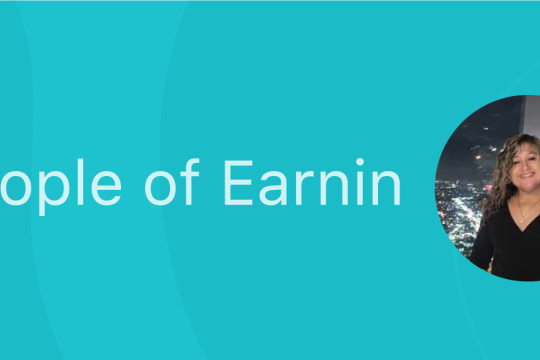
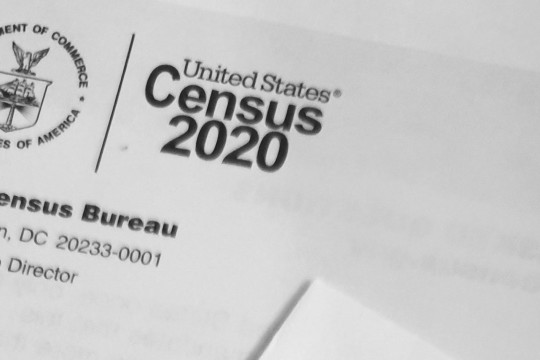
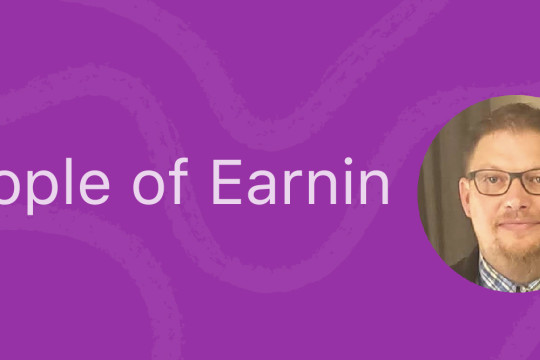

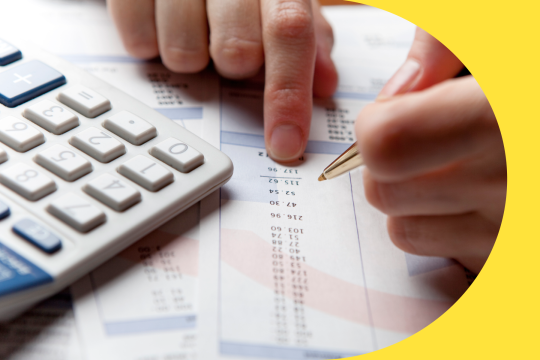
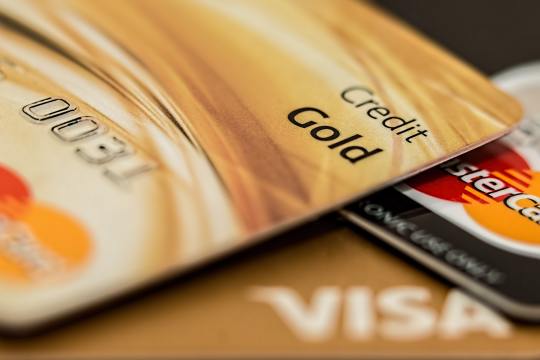

EarnIn is a financial technology company not a bank. Subject to your available earnings, Daily Max and Pay Period Max. EarnIn does not charge interest on Cash Outs. EarnIn does not charge hidden fees for use of its services. Restrictions and/or third party fees may apply. EarnIn services may not be available in all states. For more info visit earnin.com/TOS.






